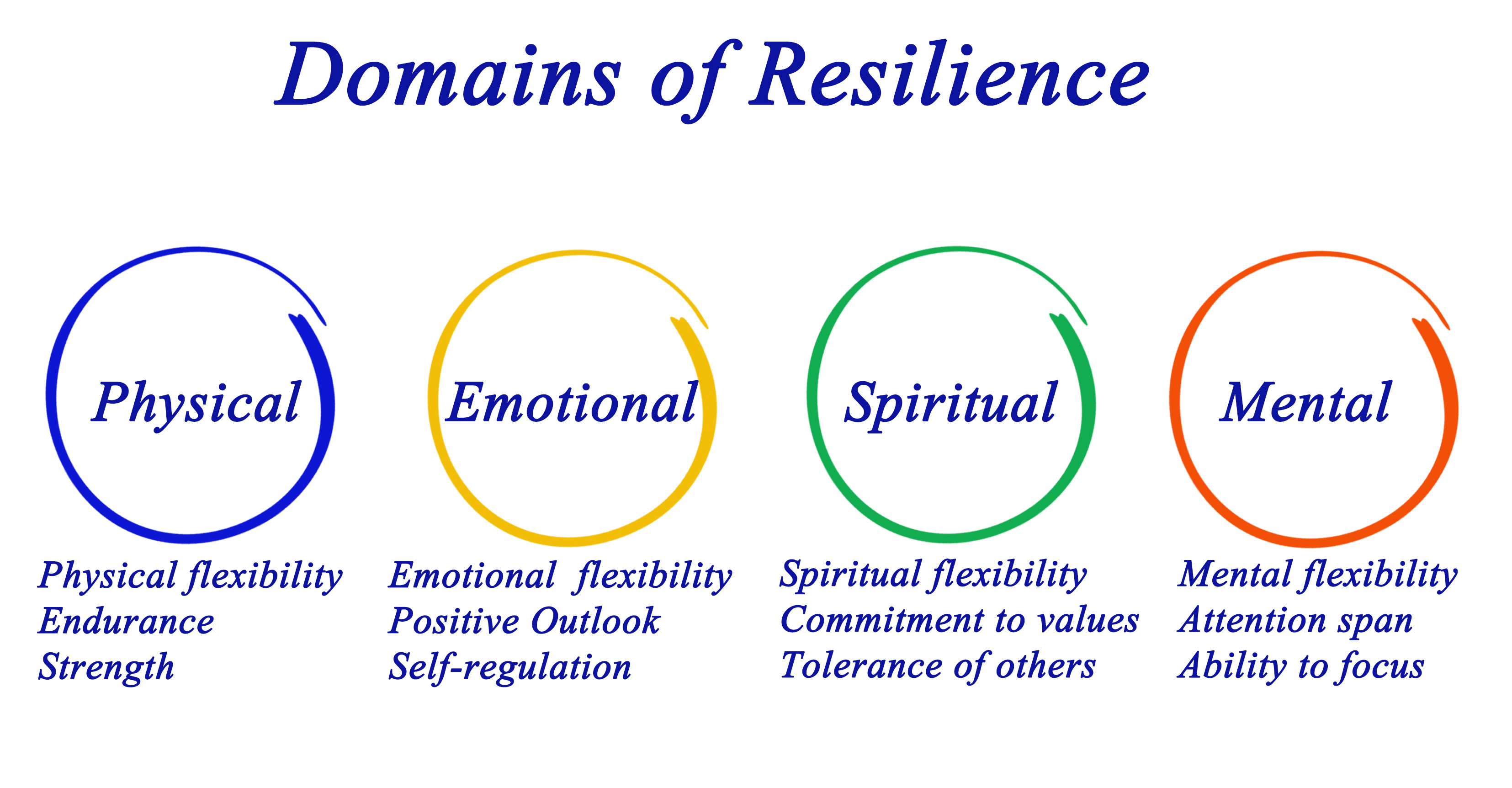Resilience: Your Key to Survival during Tough and Turbulent Times

Around the nation, stress and uncertainties abound. Young or old, all of us are required to confront Covid-19, extended civil protests, unemployment, and worse of all, illness/death. Every day, there are stories of serious loss and the need for a new beginning (https://www.magzter.com/article/Lifestyle/New-York-magazine/My-Two-Cents-Im-39-Divorced-and-I-Lost-All-My-Income.)
Regardless of the situation, your resilience, the capacity to recover from difficulties, is required to move ahead.
How are you?
Do you have a sinking feeling that it’s been a tough go and that it’s going to get worse before it gets better? In the past, it was possible to expect a basic level of income if you worked hard, but that expectation is gone. Given today’s economic climate, even if you work harder, you may not attain what you did in the past. It’s a shock for many who can’t forget “the good old glory days.” In addition, political and social turmoil brings a new level of stress and uncertainty. Our focus is constantly diverted from personal productivity to societal disruption.
The resilient you
You’ll need energy and resilience to let go of past expectations and deal with current difficulties–and then create or take advantage of future opportunities. A pro-active stance is required when moving from the survival level of shelter-in-place to a more open society. You may have to reinvent yourself. It doesn’t mean that you have not suffered loss, distress, or illness. It means you can be flexible and creative to move to a new normal (https://www.ted.com/talks/lucy_hone_the_three_secrets_of_resilient_people.)
Resiliency: 7 suggestions
How can you confront the setbacks, uncertainty, and challenges? Do you need to bolster your mental, physical, emotional, or spiritual resilience? Like other attributes, resilience can be learned and depends on developing productive and positive thoughts, behaviors, and actions
Here are 7 suggestions to help you focus on resilience:
- Accept the challenge. What can you control? What can’t you control? What can you change?
- Remember your strengths. Visualize and then list some of the talents and skills that you enjoy. Which ones accounted for past successes?
- Review successes. What were the circumstances in which you were able to progress toward your goals? Were you working with others? How structured was the setting? What is your purpose now?
- Ponder the barriers to current success. First, identify those factors that are external, such as a changing job market. Are you one of those workers whose job is replaced by remote options? Second, identify those factors that are internal. Are you a person who has avoided risk at all costs? Do you need to upgrade your skills or make a career change? Could you benefit from short-term counseling?
- Reach out. Talk to others in your field who are moving ahead—in spite of hard times. Read or listen to experts in your or other fields that discuss surviving during changing times. Share ways in which you or others have shown resilience. Contact community or spiritual resources for social interaction and support.
- Keep physically and mentally fit. Don’t fall into sloppy sleep, exercise, or nutrition patterns that sap your energy and motivation.
- Upgrade your stress management activities. You need a systematic approach to quell the anxieties related to change and loss. Every few hours, take 10 minutes to stretch and use positive imagery and self-talk. Put your feet up and play some lovely music. Practice gratitude.
Remember, if you achieved success previously, you have what it takes. During these times, however, it may take twice as long with three times the effort to make half as much. Accepting the current economic realities and societal upheavals help put things in perspective. The question is not why the situation is happening, but how can I use my strengths and skills to move on given the difficulties and challenges that exist. Be deliberate about moving forward. What helped a month ago needs to be adjusted as we move from shelter-in-place to work/life in the community. Nelson Mandela understood resilience when he said, “Do not judge me by my success, judge me by how many times I fell down and got back up again.”